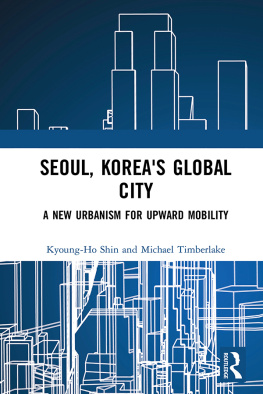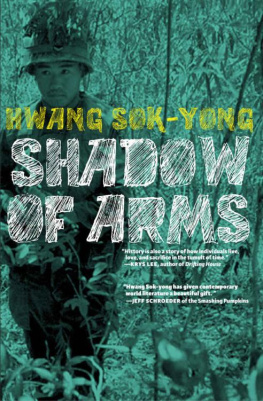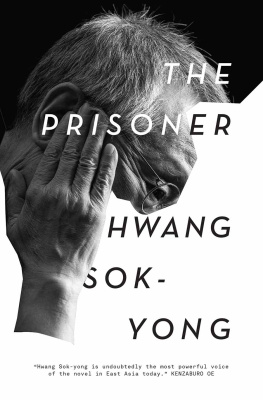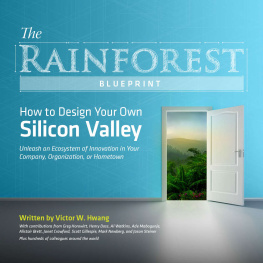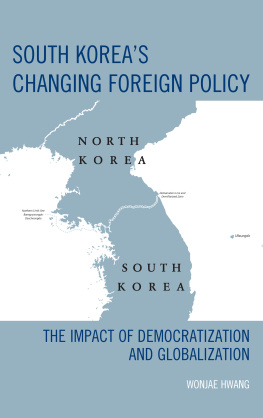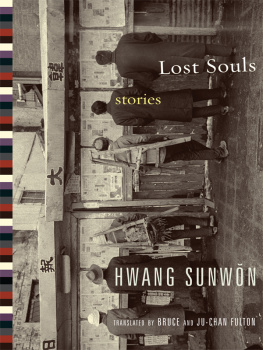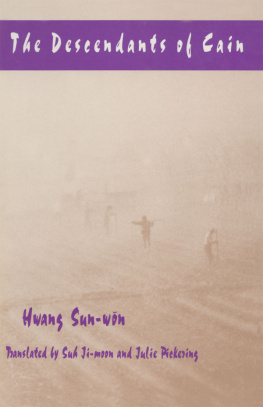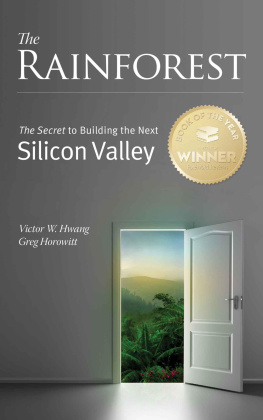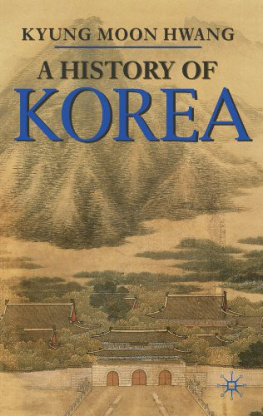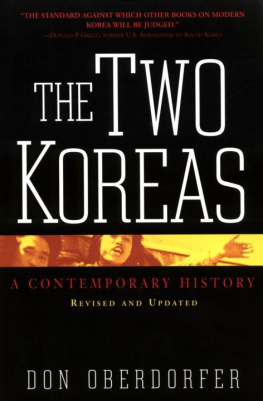Hwang Su-kyoung - Koreas Grievous War
Here you can read online Hwang Su-kyoung - Koreas Grievous War full text of the book (entire story) in english for free. Download pdf and epub, get meaning, cover and reviews about this ebook. year: 2016, publisher: University of Pennsylvania Press, genre: Politics. Description of the work, (preface) as well as reviews are available. Best literature library LitArk.com created for fans of good reading and offers a wide selection of genres:
Romance novel
Science fiction
Adventure
Detective
Science
History
Home and family
Prose
Art
Politics
Computer
Non-fiction
Religion
Business
Children
Humor
Choose a favorite category and find really read worthwhile books. Enjoy immersion in the world of imagination, feel the emotions of the characters or learn something new for yourself, make an fascinating discovery.

- Book:Koreas Grievous War
- Author:
- Publisher:University of Pennsylvania Press
- Genre:
- Year:2016
- Rating:3 / 5
- Favourites:Add to favourites
- Your mark:
- 60
- 1
- 2
- 3
- 4
- 5
Koreas Grievous War: summary, description and annotation
We offer to read an annotation, description, summary or preface (depends on what the author of the book "Koreas Grievous War" wrote himself). If you haven't found the necessary information about the book — write in the comments, we will try to find it.
Koreas Grievous War — read online for free the complete book (whole text) full work
Below is the text of the book, divided by pages. System saving the place of the last page read, allows you to conveniently read the book "Koreas Grievous War" online for free, without having to search again every time where you left off. Put a bookmark, and you can go to the page where you finished reading at any time.
Font size:
Interval:
Bookmark:
Koreas Grievous War
PENNSYLVANIA STUDIES IN HUMAN RIGHTS
Bert B. Lockwood, Jr., Series Editor
A complete list of books in the series is available from the publisher.
Su-kyoung Hwang

Copyright 2016 University of Pennsylvania Press
All rights reserved. Except for brief quotations used for purposes of review or scholarly citation, none of this book may be reproduced in any form by any means without written permission from the publisher.
Published by
University of Pennsylvania Press
Philadelphia, Pennsylvania 19104-4112
www.upenn.edu/pennpress
Printed in the United States of America
on acid-free paper
10 9 8 7 6 5 4 3 2 1
Cataloging-in-Publication Data is available from the Library of Congress
ISBN 978-0-8122-4845-6
For Korean words and names, I use the McCune-Reischauer Romanization system. Public figures with unique name spellings are transcribed in the conventionally used form: for example, Syngman Rhee and Park Chung Hee. Some names and words are spelled according to peculiar transliterations found in official documents. For Asian names, the last names come first, except for those living in English-language regions. All translations from Korean are my own, unless otherwise noted.
Most of my interviewees agreed to use their real names, but I changed some of the names or used last names only to protect their privacy. I conducted most of the interviews presented in this book, although some of my interviewees testimonies have been published elsewhere.
AFB | Air Force Base |
AFHRA | Air Force Historical Research Agency |
AMG | American Military Government |
CIC | Counter-Intelligence Corps |
CINCFE | Commander in Chief, Far East |
FEAF | Far Eastern Air Force |
G-2 | U.S. Military Intelligence |
HST | Harry S. Truman Library |
ICRC | International Committee of the Red Cross |
JCS | Joint Chiefs of Staff |
KMAG | Korean Military Advisory Group |
NACP | National Archives at College Park |
NSC | National Security Council |
NWY | Northwest Youth (in South Korea) |
PDA | Peoples Democratic Army |
PSF | Presidential Secretarys File (Harry S. Truman Papers) |
RG | Record Group |
ROK | Republic of Korea |
SA | Shipping Address |
SCAP | Supreme Command, Allied Powers |
SKLP | South Korean Labor Party |
TRCK | Truth and Reconciliation Commission of Korea |
UN | United Nations |
USAF | United States Air Force |
USAFIK | U.S. Armed Forces in Korea |
USAMGIK | U.S. Army Military Government in Korea |
In 1960, a crowd of mourners dressed in white formed a long funeral procession in a provincial district in South Korea. Young men and widows holding portraits of the dead led the grieving throng to a graveyard where their deceased family members were to be buried together. The collective casket contained the remains of over seven hundred people who had been massacred at the beginning of the Korean War. Their families had disinterred the bodies from a mass grave and were giving them a decent reburial. An inscription placed at the graveside read, To the traveler passing by: historians of the future generation will tell the story of this grave. One year later, under a newly established dictatorship, both the inscription and the burial site had disappeared without a trace. The families who had organized the mass funeral were arrested, imprisoned, and silenced. Their stories disappeared from public consciousness for decades.
Stories of atrocities such as the one that prompted the reburial ceremony began to resurface in South Korea in the late 1980s, when the countrys authoritarian regime had been ousted. Through personal testimonies, memoirs, films, and historical accounts, people learned for the first time about some of the massacres that had occurred during the Korean War, involving the deaths of between two and three million civilians.
Perhaps the chief irony of the war is to be found not in its beginning but in its outcome. While the communists started the war, a disproportionate number of civilians were killed in the Souths effort to contain the invading forces. Operations by the U.S. Air Force, for example, produced the heaviest civilian casualties of the war. There were also organized massacres of people accused of being communists and sporadic shootings of other innocent civilians across the country. During the Cold War era, such killings were either ignored or regarded as the inevitable by-product of what was seen as the great struggle against communist imperialism. Until recently, most of the surviving victims of these killings could not speak openly about their experiences.
Those who were killed in outbreaks of anti-communist violence during the Korean War were long treated as though their lives were ungrievable. According to Judith Butler, a grievable life is a life that matters, whereas an ungrievable life is one that cannot be mourned because it has never lived, that is, it has never counted as a life at all. In Cold War South Korea and in the United States, the civilian victims of anti-communist violence were routinely treated in this way. Not only were they largely elided from official historical and cultural representation, but the very act of grieving for them in public was discouraged and sometimes forbidden. To grieve is to express sympathy; it has a humanizing effect. The suppression of grief, on the other hand, was intended to deny the humanity of the war dead.
This book explores the capacity to grieve for ungrievable lives by examining the suffering of civilian victims of anti-communist violence. Insofar as the Korean War dead are concerned, even in the democratic South Korea of today, mainstream memory and official commemoration focus on the sacrifice of those who died while defending freedom. The other side of the story has been relegated to the margins, despite the enormity of the human suffering involved. In this book, I seek to understand the rationale and legacy of anti-communist violence by treating it as a distinct phenomenon that deserves attention in its own right. This is not to say that anti-communist violence was any more tragic or painful than the violence inflicted by the communist side. As several scholars have demonstrated, however, anti-communist violence resulted in a disproportionately high level of civilian deaths during the conflict.
Even the families of leftist intellectuals and those suspected of harboring socialist sympathies were targeted.
The year 1948 marked a surge in anti-communist violence in Korea and around the world. Globally, it signaled a turning point in U.S. policy toward Asia, where the Soviet threat was perceived to be growing. Until late 1947, the United States believed that Soviet influence would not spread beyond Eastern Europe and was confident that it would prevail over the Soviet bloc in the global struggle for geopolitical hegemony.
Next pageFont size:
Interval:
Bookmark:
Similar books «Koreas Grievous War»
Look at similar books to Koreas Grievous War. We have selected literature similar in name and meaning in the hope of providing readers with more options to find new, interesting, not yet read works.
Discussion, reviews of the book Koreas Grievous War and just readers' own opinions. Leave your comments, write what you think about the work, its meaning or the main characters. Specify what exactly you liked and what you didn't like, and why you think so.

